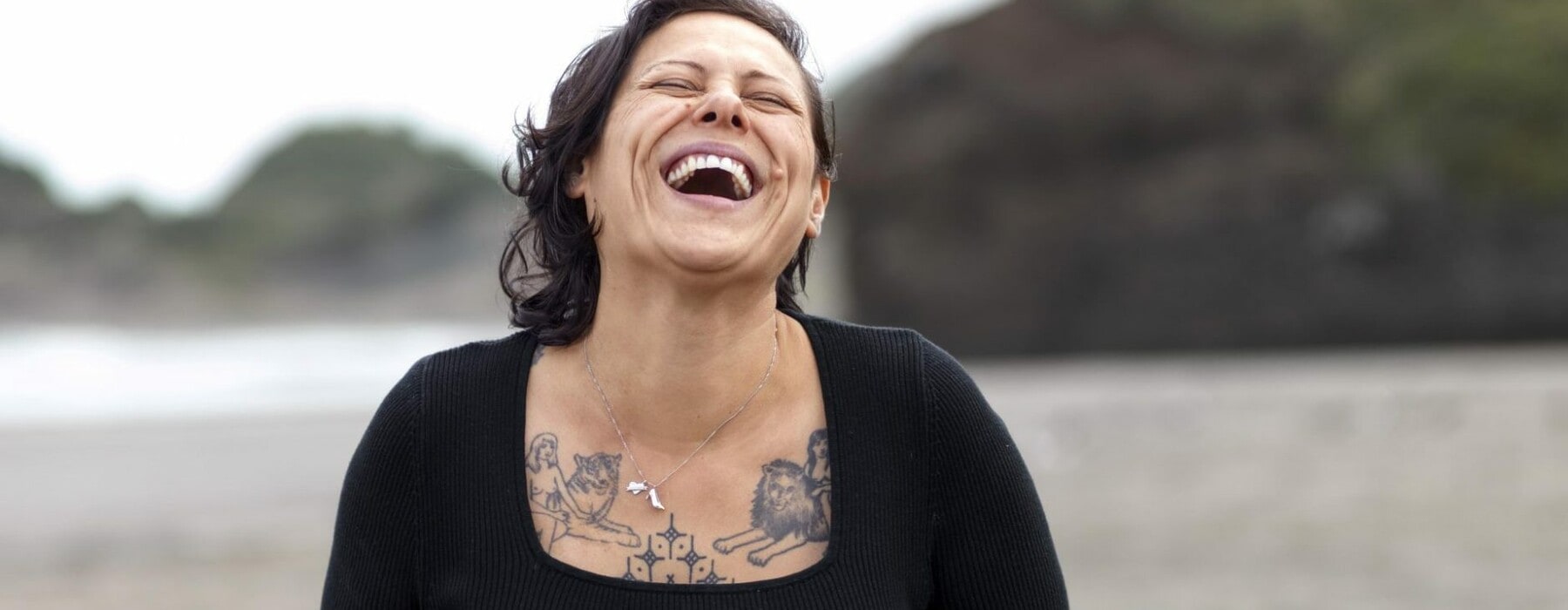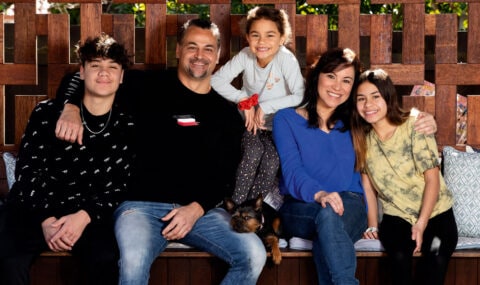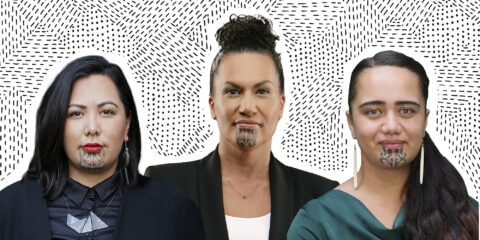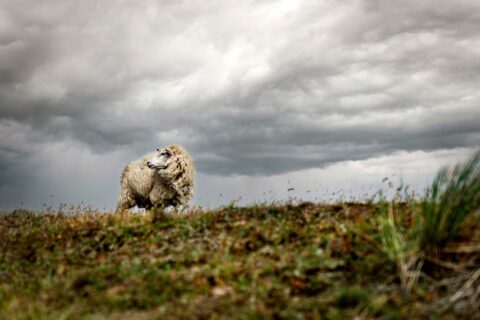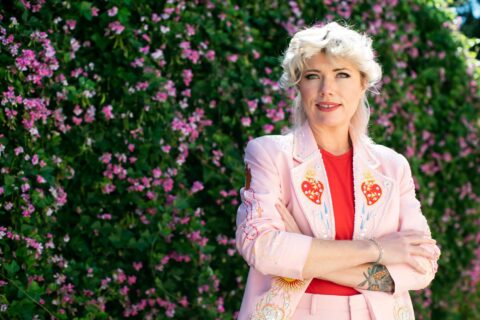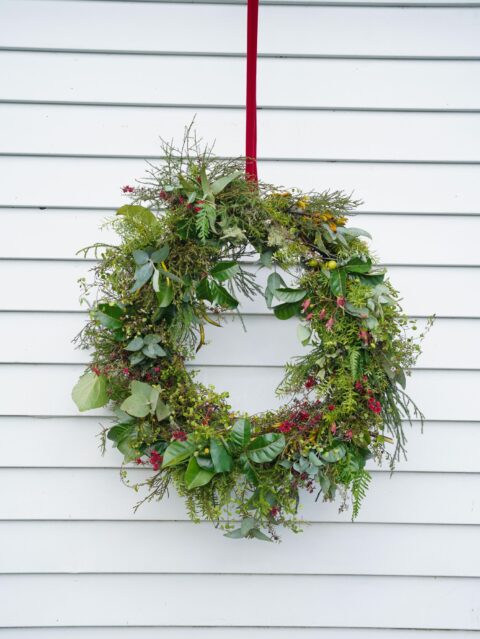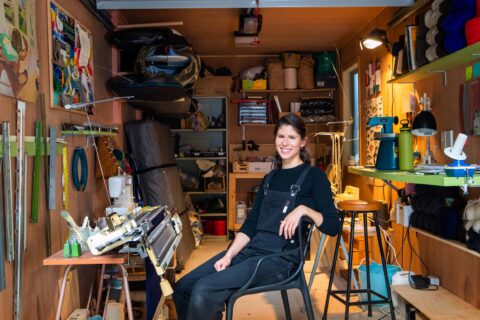One hundred days sober and with a couple of half-marathons under her belt, musician Anika Moa tells Wendyl Nissen that running and therapy have helped her deal with painful feelings she’d always tried to bury.
“The hardest thing is loving myself,” says musician, broadcaster and television presenter Anika Moa. “Waking up and saying, ‘You’re not a shitty person, you’re not a shitty mother, you’re not a shitty wife, you’re not a shitty singer.’”
I know a lot of women will relate to this.
“Now I wake up in the morning and say, ‘I’m so proud of you, Neeks. I’m so proud that you lasted another night without drinking, you were present with your kids, you’re working hard for your family.’”
These are the words of a woman who has spent the past 18 months getting healthy in mind and body. She has been sober for 100 days, running for more than a year (including two half-marathons) and doing the hard work of therapy.
“I felt like my mental health was suffering,” she says. “I had to do something about it.”
Anika is well known as a musician, whose most recent release was her best-selling Songs for Bubbas 3, a television presenter whose show Anika Moa Unleashed was hugely popular, and she is also a favourite on The Hits Drive Show with Stacey Morrison and Mike Puru.
“I know I’m extremely extroverted and I seem like I’ve got it together, but I don’t. I am actually flailing like everyone else.”
Her extraordinary honesty about where she has found herself in recent months has encouraged many of her 87,000 followers on Instagram to join her, whether it’s taking up running or giving up alcohol.
“I have had hundreds of messages from women in exactly the same boat I’ve been in my whole life. I’m going through my messages and keeping in touch with the ones who truly need it, the ones who are sober and decided they were sober the moment they read my post about stopping drinking.
“I’m keeping in contact with them all so that they know they have some support.” Anika’s relationship with alcohol was to use it to soothe herself, as it is for many people.
“I was numbing myself with alcohol because I was feeling pain and trauma. I thought, ‘Well, I feel low so I’m going to drink.’ I was losing myself in the alcohol.”
At the time we are talking Anika is 100 days sober, and she says it is the best decision she has ever made in her life. “I was trying to set a no-drinking goal but I just could not stop. I’d have a glass of wine at dinner, then another glass, then I’d finish a bottle and say, ‘Let’s open another one!’”
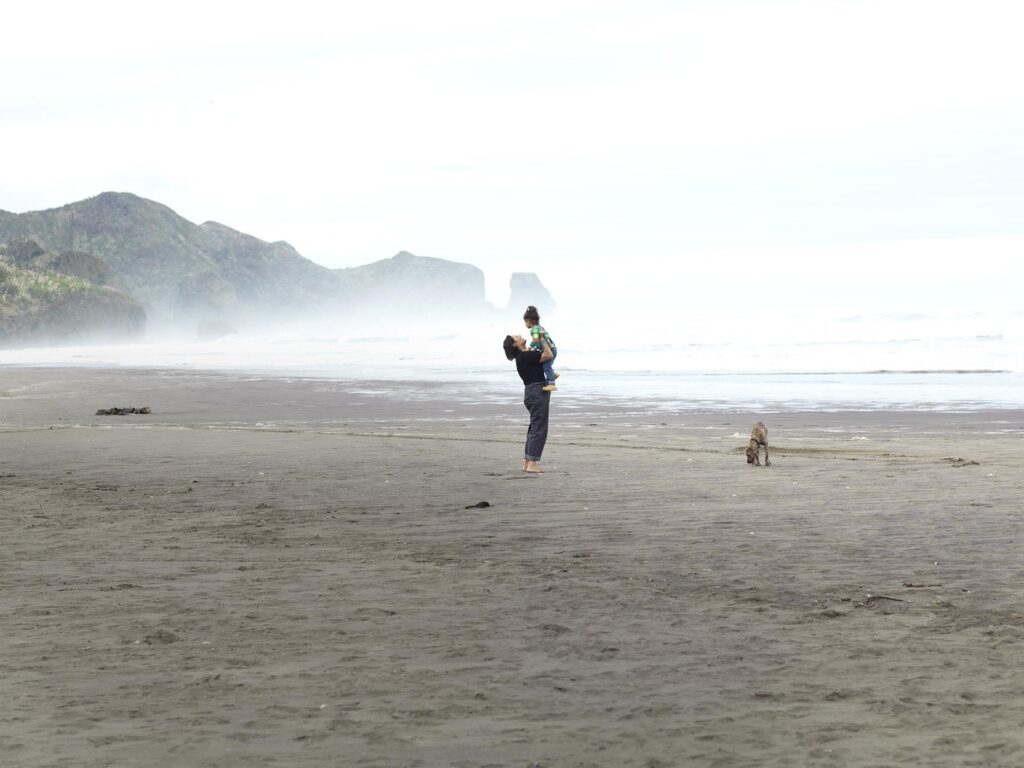
Honest kōrero
When she decided to get sober she got in touch with a woman in the music industry who she knew had been sober for 20 years.
“I said, ‘Can you please help me?’ and so we had a big long kōrero. I cried, and ever since then we’ve kept in touch and we talk every single day.
“She’s a mana wāhine so having that spiritual Māori connection is important as well for me. Because of her I wake up and think, ‘Let’s go!’ It’s inspiring.”
Before getting sober, Anika started running as a way of using exercise to help her mental health. She had just given birth to her baby, Marigold, and found herself underwhelmed with how things were turning out.
“I don’t know if it was PTSD or post-partum depression or what it was, but I knew my mental health was suffering and I had to do something about it.”
So one day last year in January, before lockdown, she put some running shoes on and started running – “just like Forrest Gump”.
“I used to be quite sporty and used to run quite a lot, and I come from a really sporty background, so it was quite easy to get going and I ran four kilometres on that first run.
“I ran the next day and the day after that and then I set a goal of doing a half-marathon. I ran two in one year, so I kicked arse in that arena.”
As Anika ran, she realised that things were starting to sort themselves out in her head. She also lost weight, which made her feel stronger, and she inspired hundreds of Kiwi women to start running too with the frequent Instagram stories she posted while out running, with the hashtag #lesrun.
“I’ve never cared about my weight and I still don’t, but I knew that losing a few kilos was good for my health. But that wasn’t my first reason to start running, it was my last reason.” She says that when she runs she is able to get her feelings out.
“I cry when I run up hills. I’m crying for my dad who died, maybe a traumatic upbringing. I’m crying for things that aren’t right in a relationship. I’m crying for everything, and not drinking on top of that meant I started to heal. I began to heal through confronting those emotions.”
Real feelings
Anika breaks off to point out that she’s starting to sound like an old hippy. It’s typical of Anika to use humour to offset serious issues. She’s hilarious and knows that comedy is a useful technique.
“I like to use comedy to hide my feelings,” she says. “If someone gives me a gift, I’ll immediately tell a joke or say something funny because I feel embarrassed that they’ve given me a gift. The other day someone gave me a gift and instead I cried. I just cried and I realised that this was my real emotion, not my joke emotion. Although I did then make a joke after that. But I got the real emotion out first, so that’s all good.”
One thing Anika never saw herself doing was getting some therapy. Previously, every time someone suggested she might like to try counselling, she’d been really against it.
“I was always saying, ‘I don’t need therapy, I’m fine.’ I was always of that mentality, that she’ll be right, let’s not talk about it, let’s not confront it. But I’ve realised that to heal you need to search for it high and low and you need to get some help for that.”
Last year Anika found a therapist who she says was “really, really clever” because she helped her work out what to do with the range of emotions she was feeling that she didn’t know how to deal with.
“Last week we had a session about anger,” says Anika. “I asked her what to do with my anger and she said just sit with it. It will eventually show itself and be curious. I feel I can talk about that because it’s what a lot of people need. It’s not a bad thing to have self-care for yourself.”
Her therapy involved a lot of talking through her feelings and unravelling them.
“I’m not sure how deep I want to go,” says Anika. “But for now I feel safe to work out what I’m trying to work out now.
“I’m turning my negative thoughts into positive thoughts and I’m learning to love myself, which you can’t just do overnight.”
Anika says every week she feels more stable and so much stronger than the week before.
“What I want to do is be open and honest with myself, which will lead to me being authentic instead of full of shit… I just have to do the mahi, enjoy the now and own my own stuff.”
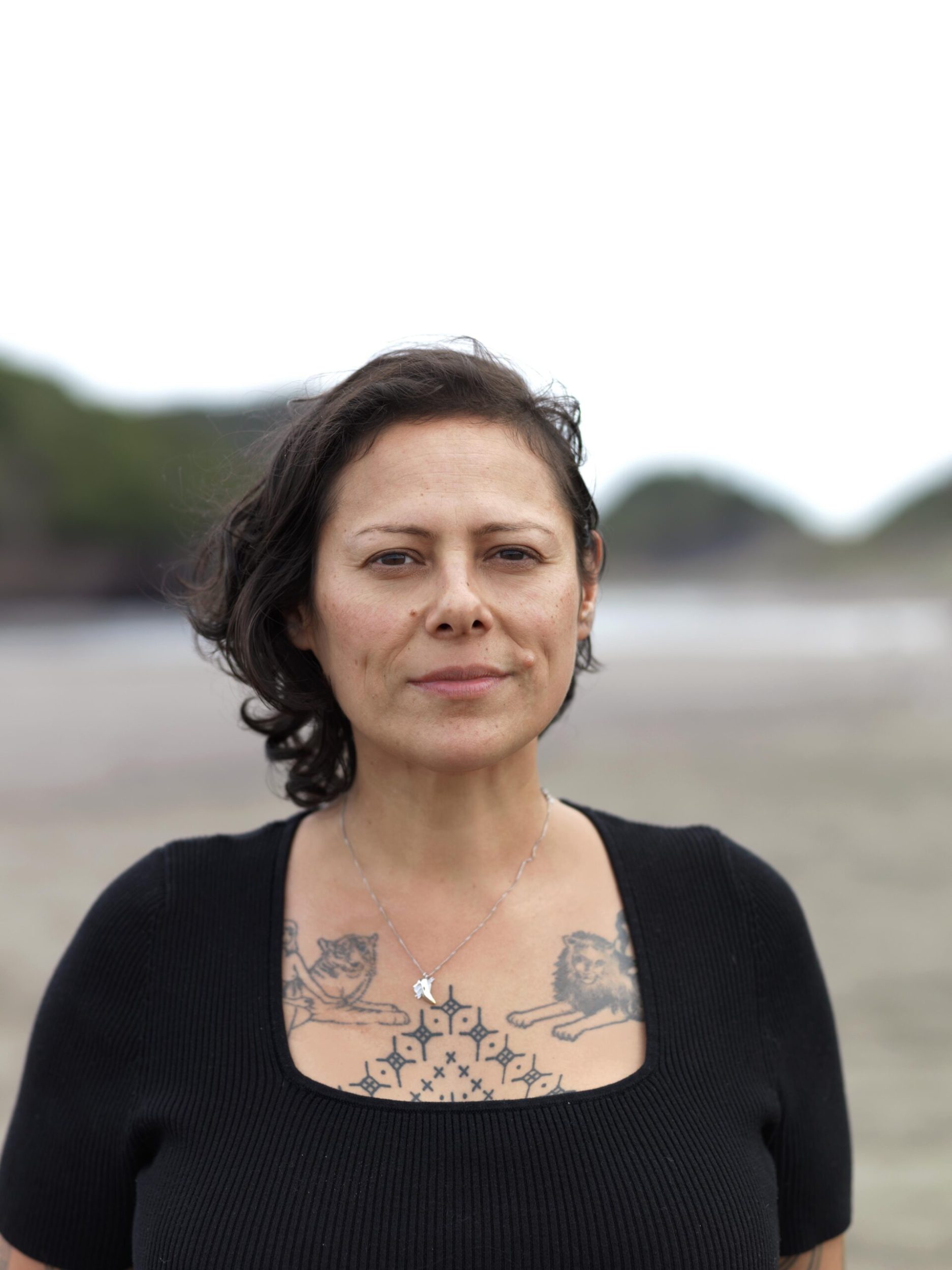
No more mum guilt
While Anika has been working hard on her life, she is also the mother of four children, has a daily radio show and a busy music career, performing all over the country. As far as the children go, she says they’ve noticed she’s a lot less grumpy. She has twins, Barry and Taane, aged nine, Soren, aged six, and little Marigold, who turned two in February.
“When you’re hung-over or a bit anxious, you need to have control and power, so I used to boss my kids around quite a lot, because if I have control over them, all is right in the world, but it’s actually not true.
“If you just let them think for themselves, it’s okay. That’s the other journey for me – not having mum guilt about not being the perfect mum. Now I think, no one is perfect so give up on that ideal. That’s boring. Who wants to be perfect!”
And while she is busy and knows that she should probably ease off a bit on her work commitments, she’s okay with it all and enjoys her work and her family.
For now, Anika says she is surrounded by beautiful, clever and kind friends and she feels together.
“I think I feel happy.”

